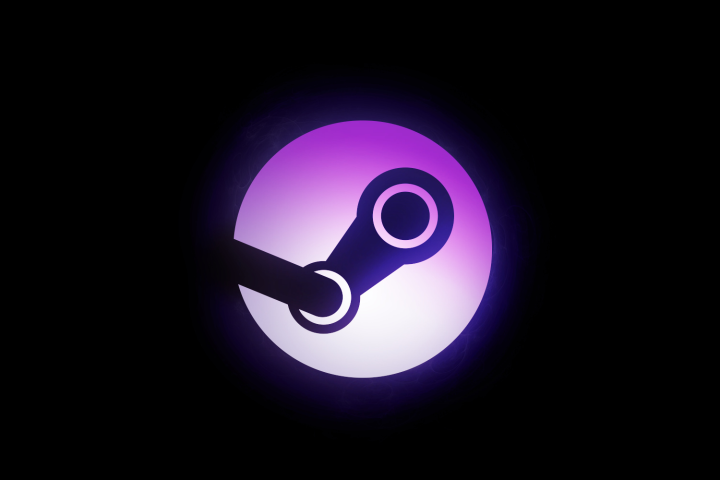
Valve’s regular Hardware and Software survey saw a 0.11 percent drop in Linux’s share of Steam users over the course of April 2015. The figure typically remains just above 1%, but has now slipped to 0.94%.
While Linux has never been a particularly popular platform for gaming, it’s possible that these figures have been affected by two big releases on the Steam platform over the course of April; Mortal Kombat X and Grand Theft Auto V. Both are well-received instalments in big-name franchises — and both are only available for users on Windows systems.
Grand Theft Auto V in particular has brought a host of new users to the Steam service. Those extra Windows users will have increased the overall player-count, whereas the lack of a similar big Linux release will have led that number to stay the same, which is likely the reason behind this drop in Linux’s share of the Steam audience. Mac OS X actually saw an even larger drop of .23 percent.
The OS finds itself stuck in something of a vicious cycle; it caters to too small of an audience for studios to invest money in development of a port, which in turn means that users are likely to turn to Windows or consoles for a broader video game library. While there’s little chance of Valve removing Linux support on Steam in response to dwindling user numbers, there’s little chance that more video games will be made available on the OS without some sort of turnaround.
Editors' Recommendations
- A Redditor ‘didn’t know’ about the Steam Deck, so they built their own
- Is this Razer’s Steam Deck killer?
- Steam Deck 2: release date speculation, specs, pricing
- Steam Spring Sale: best deals, how long is the sale, and more
- The Steam Deck OLED needs burn-in protection



